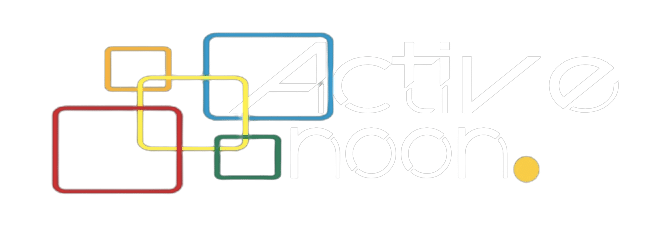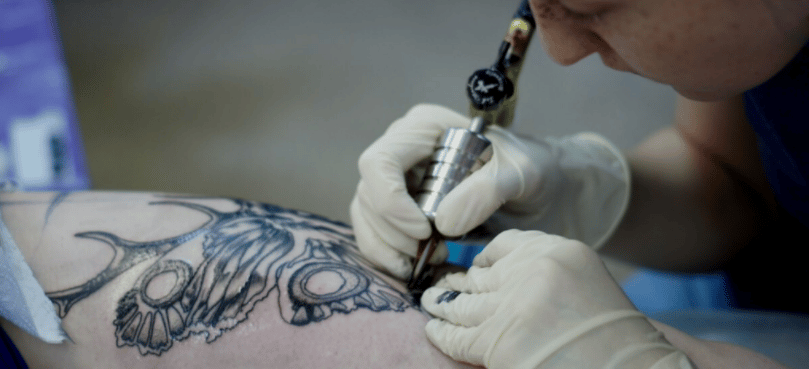It’s a bigger headache than asking Google “Do solar panels work in winter? ” You can cough up nearly tens of thousands of pounds just to have them installed, including their components. So, you’re probably wondering if the system is worth that much.
The simple truth is that solar panels are indeed good value for their money. And that’s depicted by the fact that you tend to make back a percentage of what you spend. Yes, there is a return on investment associated with solar panels, and it’s crucial to estimate just how profitable solar panels are.
What Is Solar Panel ROI?
Think of solar panel ROI as the panels’ means of paying back the investment you made in procuring them. These costs include those spent on the equipment and their installation. In essence, these costs are made back across the lifespan of the panels.
Moreover, you should note that solar panel returns are only positive after a considerable period. That is, the positive ROI you’re dreaming of won’t come immediately. Instead, it’s a figure that accumulates over time and is dependent on various factors including solar incentives and energy bill savings. Ensuring optimal solar energy production with panel cleaning can also significantly impact the overall efficiency and return on investment
So, how do you figure out the possible ROI your panels will make for you?
How Do You Calculate Solar Panel ROI?
To understand solar ROI, you need a clear grasp of the solar payback period. For starters, the payback period is the time frame it takes the panels to return your initial investment. It’s a ratio of the initial investment to the annual savings.
So, if a solar panel system of £15,000 saves you £1,000 every year, the solar payback period will be 15 years. This will also help you with the ROI. However, the ROI is dependent on the utility costs and costs of the panels. In other words, it’s based on the difference between the lifetime utility costs and the lifetime costs of the panels.
What are the Various Factors Affecting Solar Panel ROI?
Remember that the ROI of any solar panel system is dependent on the total costs splashed on the panels.
- Cost of Installation: This is the biggest hurdle facing potential solar panel owners. And of course, that’s because it incurs the biggest costs.
- Solar Incentives: These are grants and tax reliefs that reduce the expenses of solar panel installation. Here in the UK, consumers enjoy up to 0% VAT Reduction and other incentives like a smart export guarantee which is a monetary reward for supplying energy to the grid.
- Size and Position Of Panels: These two factors combine to influence just how much electricity can be generated by the panels. This, in turn, affects the efficiency of the panels and ultimately affects how much you save on energy costs
- Cost of Maintenance: There is little maintenance when it comes to using solar panels. The only issues are often faced during harsh weather conditions and that will only pose a problem in the case of faulty installation.
Wrapping Up
Solar panels are worth the investment. It’s just a matter of when and not if for the ROI you enjoy from solar panel systems. And with solar incentives and energy bill savings accompanying solar energy, the ROI may come sooner rather than later.



















Leave a Reply